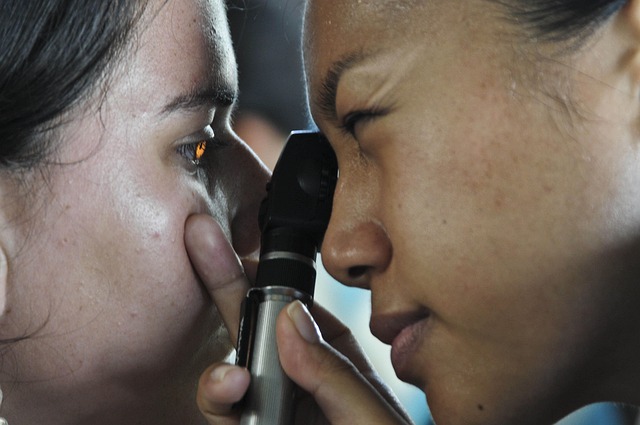Living and Studying in Italy: A Guide for International Students
Italy, with its rich history, vibrant culture, and world-renowned educational institutions, has become an increasingly popular destination for international students. From the bustling streets of Rome to the artistic heritage of Florence, studying in Italy offers a unique blend of academic excellence and cultural immersion. This comprehensive guide will walk you through the essential aspects of living and studying in Italy, helping you navigate the Italian education system, visa requirements, and daily life as an international student.

Why choose Italy for your studies?
Italy boasts a long-standing tradition of academic excellence, with some of the oldest universities in the world. The country’s educational institutions offer a wide range of programs in various fields, including art, design, fashion, engineering, and humanities. Moreover, studying in Italy provides an opportunity to learn the Italian language, immerse yourself in the Mediterranean lifestyle, and gain a global perspective that can enhance your future career prospects.
How does the Italian education system work?
The Italian education system follows the Bologna Process, aligning with other European countries. Higher education is divided into three cycles: Bachelor’s degree (Laurea Triennale), Master’s degree (Laurea Magistrale), and Doctorate (Dottorato di Ricerca). Most undergraduate programs are taught in Italian, while many graduate programs offer courses in English. The academic year typically runs from October to July, divided into two semesters. International students in Italy can expect a mix of lectures, seminars, and practical work, with assessments including written and oral exams.
What are the requirements for an Italy student visa?
Obtaining a student visa is a crucial step for non-EU students planning to study in Italy. The process begins with acceptance into an Italian university. Once you have your acceptance letter, you can apply for a Type D study visa at the Italian embassy or consulate in your home country. Key requirements include:
- A valid passport
- Completed visa application form
- Proof of acceptance from an Italian educational institution
- Proof of sufficient financial means
- Health insurance coverage
- Accommodation arrangements in Italy
It’s important to start the visa application process well in advance, as it can take several weeks to complete.
How to find accommodation as an international student in Italy?
Finding suitable accommodation is one of the primary concerns for international students in Italy. Options include:
- University dormitories: Many Italian universities offer on-campus housing, though places are limited and often reserved for scholarship recipients.
- Private student residences: These offer a middle ground between dorms and private apartments, with shared facilities and a student-friendly environment.
- Shared apartments: A popular choice among students, allowing for cost-sharing and cultural exchange.
- Private rentals: More expensive but offering greater independence.
It’s advisable to start your accommodation search early and consider factors such as proximity to your university, public transportation access, and local amenities.
What is the cost of living for students in Italy?
The cost of living in Italy varies depending on the city and lifestyle choices. Major cities like Rome, Milan, and Florence tend to be more expensive than smaller towns. Here’s a breakdown of estimated monthly expenses:
| Expense Category | Estimated Cost (EUR) |
|---|---|
| Accommodation | 300 - 700 |
| Food | 200 - 300 |
| Transportation | 30 - 50 |
| Books and supplies | 50 - 100 |
| Entertainment | 100 - 200 |
| Total | 680 - 1350 |
Prices, rates, or cost estimates mentioned in this article are based on the latest available information but may change over time. Independent research is advised before making financial decisions.
How can international students make the most of their time in Italy?
To fully embrace the Italian experience, consider these tips:
- Learn Italian: Even basic language skills can greatly enhance your daily life and cultural understanding.
- Explore beyond your city: Italy’s excellent train network makes it easy to visit other regions during weekends or holidays.
- Engage in local events: Participate in festivals, concerts, and cultural activities to immerse yourself in Italian life.
- Join student organizations: These can help you meet fellow international and local students.
- Try local cuisine: Each region has its own specialties, offering a gastronomic adventure.
- Balance studies and travel: While academics should be your priority, make time to explore Italy’s rich cultural heritage.
By following these guidelines and embracing the Italian way of life, international students can create unforgettable memories and gain valuable experiences that will last a lifetime. Remember to stay open-minded, be respectful of local customs, and enjoy the unique opportunity to study in one of the world’s most culturally rich countries.
The shared information of this article is up-to-date as of the publishing date. For more up-to-date information, please conduct your own research.




